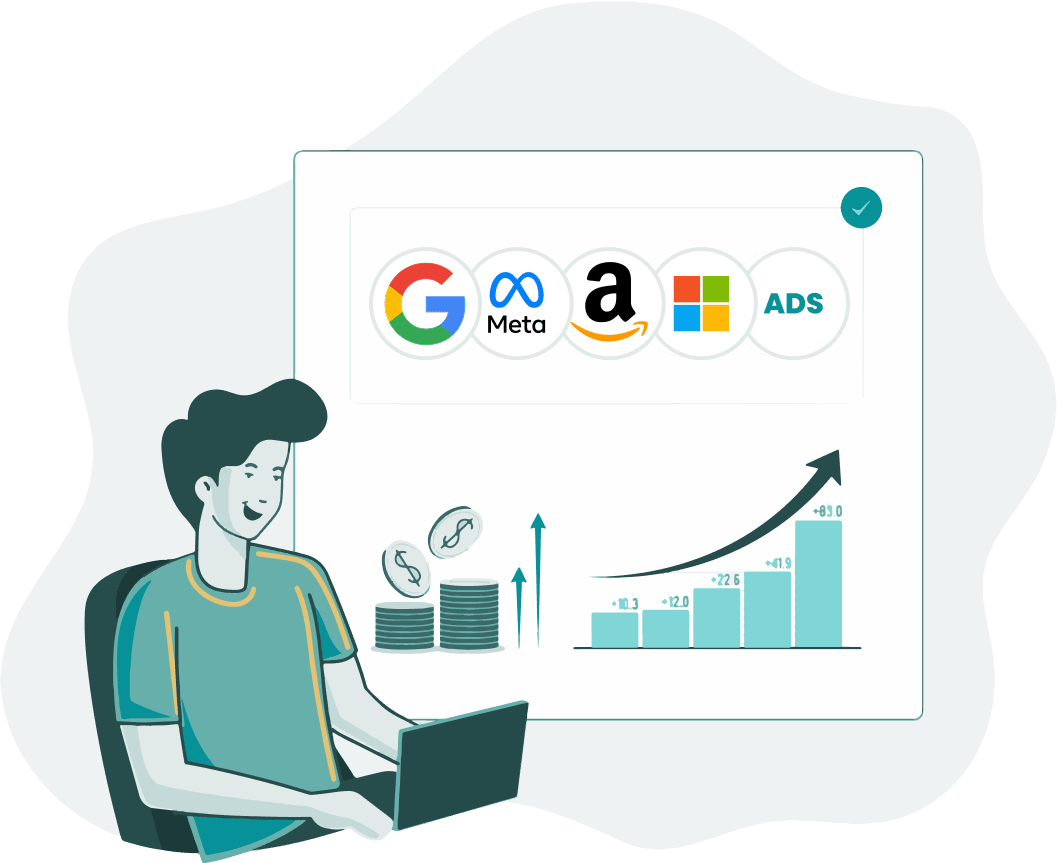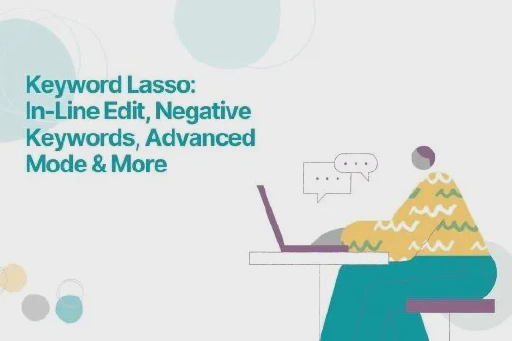Traffic Sculptor ensures that the right ads show for each search query in an AdWords account.
Sometimes Google shows an ad that is less closely related to the query because it preferred to match to a keyword that has a higher rank, usually because of a high bid. This is undesirable because there is a better ad in your account for this query so we use traffic sculpting techniques to make sure we show the best ad for the search query every time.
For example, as shown below, there are two keywords with different ads in two different ad groups in an AdWords account.
Ad Group1/Keyword 1: Women’s Black Shoes
Ad 1: Women’s Black Shoes.
Great Collection Starts At $30.
Get 5% Cash Back. Order Today!
www.abcbuy.com/BlackShoes
AdGroup2/Keyword 2: Buy Shoes
Ad 2: Buy Shoes & Bags
Great Collection Of Leather Bags &
Shoes. Free Shipping. Order Today!
www.abcbuy.com
Search Query: Buy Women’s Black Shoes
In the above example, even though the first keyword and ad text are more relevant to the search query, Google can choose to match the search query to the second keyword and show the less relevant ad text because the ad rank due to the keyword bid may be higher for the second keyword.
The Traffic Sculptor ensures that traffic gets directed to the right ads by adding exact match negative keywords at the ad group level.
The negative keyword suggestions you see in the Traffic Sculptor look very relevant for your account. So why do we recommend these as negative keywords? That’s because you already have these keywords in your ad groups but Google has not always used these when a user searched for one of these keywords. Rather than showing the ad you want, they display another ad from your account because it has a better ad rank (often because it has a higher bid). By adding these keywords as negative exact matches, it forces Google to show the ads you want rather than the ones that rank higher but are potentially less relevant.









